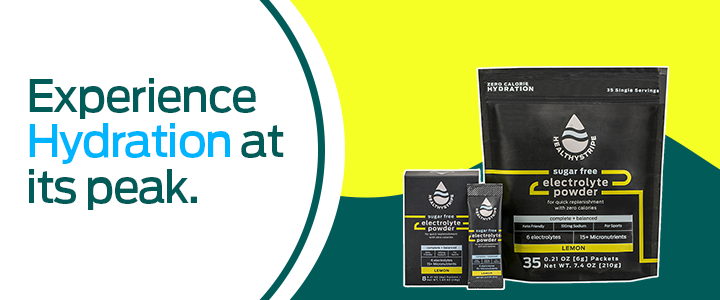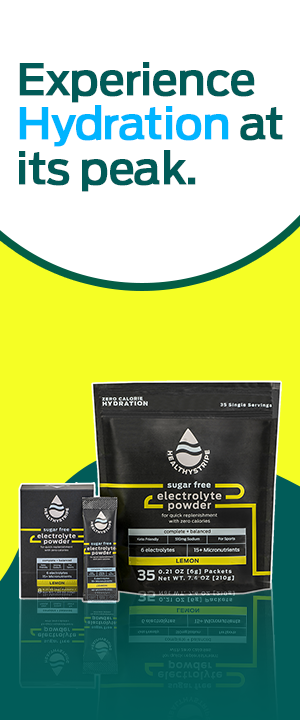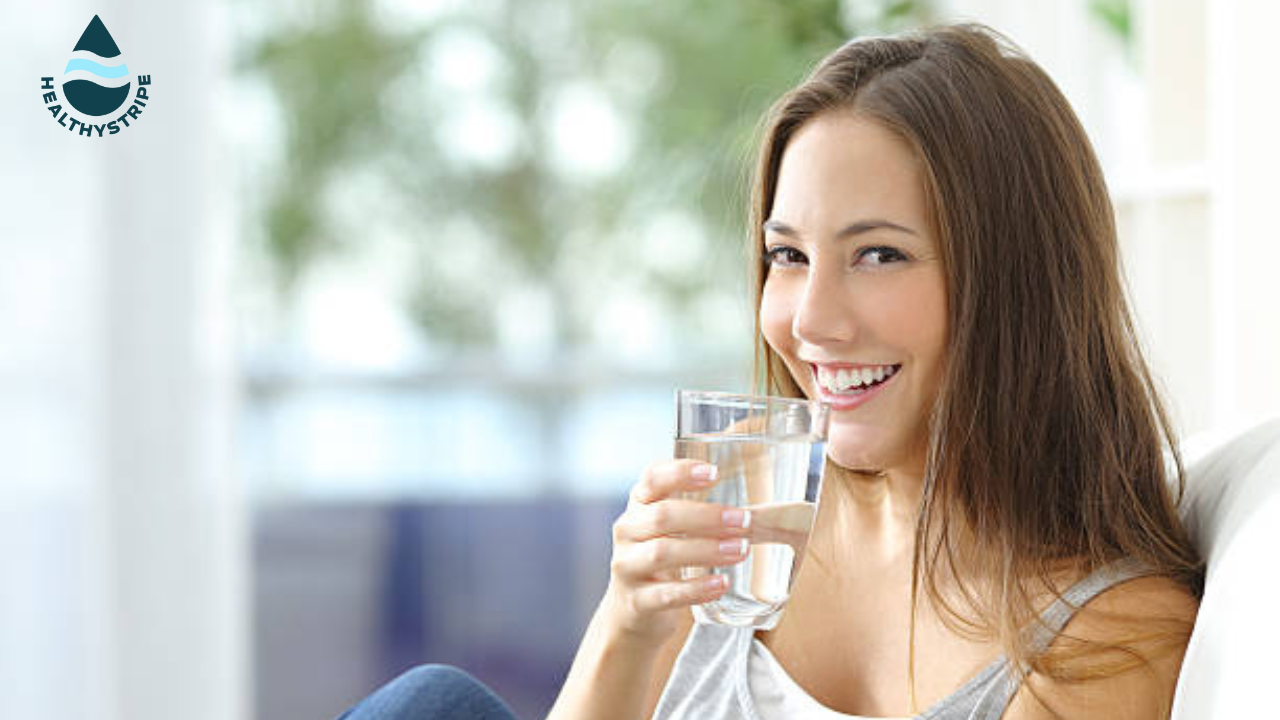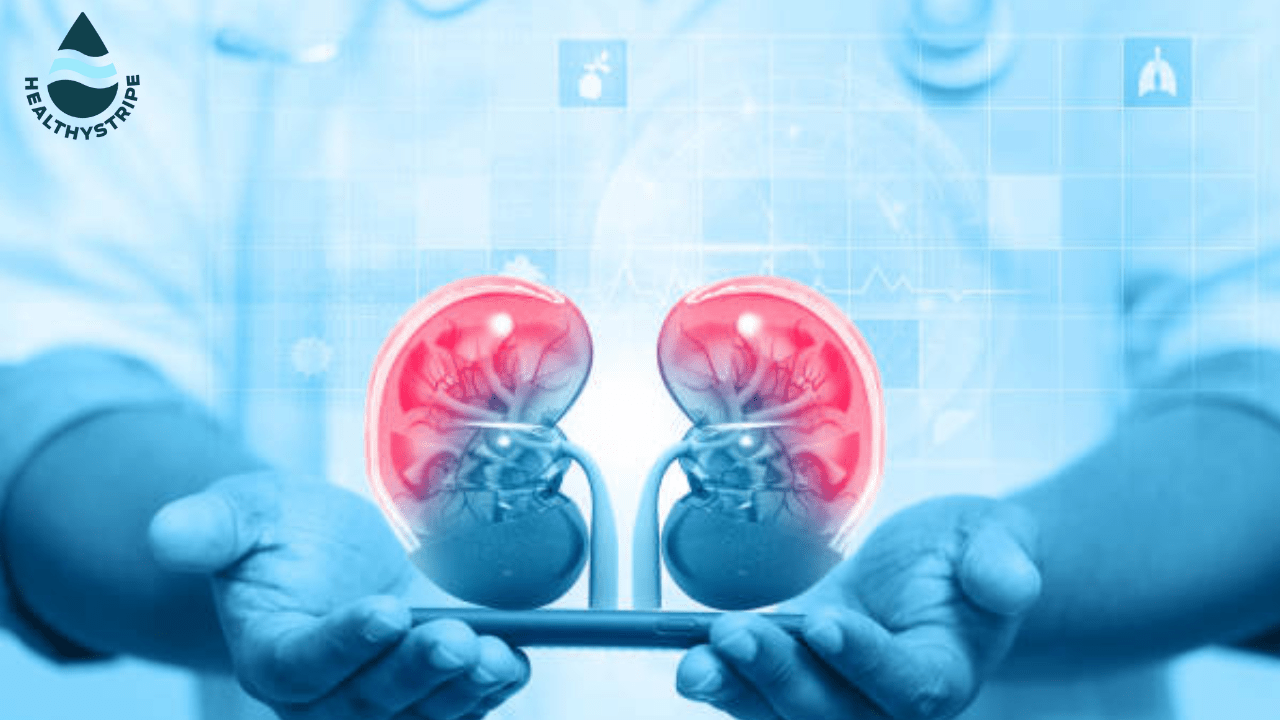Keto Electrolytes – Everything You Need to Know
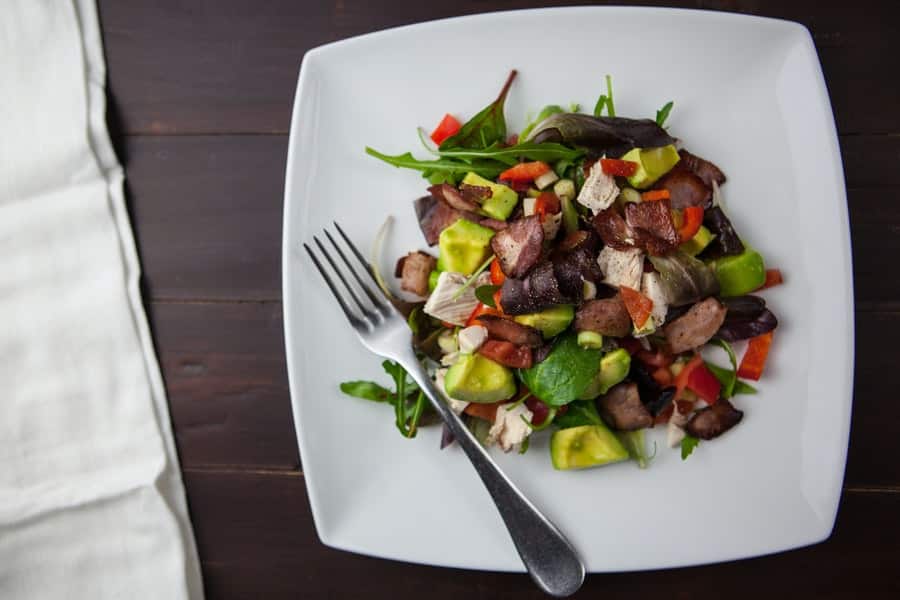
The ketogenic diet has been quite popular over the past several years. The ketogenic diet enables your body to run on fat as its primary fuel source rather than blood glucose and glycogen reserves.
The body is steered into a condition with enhanced levels of lipolysis (fat breakdown), ketogenesis (producing ketones), and gluconeogenesis by virtually removing carbs from your diet (making new glucose).
Thus, freshly produced ketones and glucose are given priority for the brain, while fat serves as the primary fuel source for the majority of the body’s requirements.
And although the method can help people lose weight, it can also make them miserable, frequently due to an undiagnosed electrolyte imbalance.
What are Electrolytes?
The body contains minerals called electrolytes, which are necessary for practically all bodily processes. They include heart health, bladder control, appropriate muscular contraction, energy, and proper central nervous system operation, among other things.
When you don’t have enough electrolytes, you might develop the keto flu. If electrolyte levels are low, the majority of people on the keto diet will have flu-like symptoms.
The following are a few keto flu symptoms:
- Fatigue
- Trouble sleeping
- Headache
- Irritability
- Mental haze
- Sugar Cravings
Electrolytes and the Keto Diet
Those following a ketogenic or low-carb diet should be aware that cutting out carbs will affect how many electrolytes they take in. On a ketogenic diet, foods like vegetables and fruits that are extremely rich in electrolytes are prohibited, which reduces the potential supply of these crucial elements.
However, many people may be unwittingly getting their electrolytes from packaged, processed foods, which are often off-limits on the keto diet.
Also, because it generates less insulin when in ketosis, the body will handle electrolytes differently. Low insulin causes the body to become more diuretic, which causes you to lose more minerals and vitamins to waste.
In such situations, you will need the help of a hydration product that will help you hydrate and replenish electrolytes without breaking your keto diet. Keto-friendly electrolyte products such as the Healthystripe hydration electrolyte powder can be your best friend during such times. This hydration powder not only compensates for electrolyte loss but also contains vitamins and minerals that give you extra nutrition during your keto fast.
Dehydration also happens quickly. Moreover, the body sends signals to the kidneys to eliminate sodium and potassium when it generates less insulin. Your hormonal, musculoskeletal, and brain systems may rapidly feel out of whack if you lose potassium and sodium at such a quick rate.
Symptoms of Electrolyte Imbalance
Electrolyte keto imbalance is frequent in those who are athletes or following a ketogenic diet. When the body adapts to new sources of energy, the “Keto flu,” or the flu-like symptoms that come along with dehydration and electrolyte deficiency, is a typical phase of a ketogenic diet.
Typical signs include:
- Headaches
- Muscle spasms
- Continual tiredness
- Insomnia
- Headache and vertigo
- Diarrhoea and abdominal pain
- Changing blood pressure
- Constipation
- Sensitivities and skin rashes
These symptoms should not be disregarded, and your doctor will often want a second opinion to rule out any other possible sources of concern. But, if you are making the switch to a ketogenic diet, an electrolyte shortage is probably to blame.
How do you know if the level of electrolytes is dropping in the keto diet?
Decreased levels of electrolytes will exhibit certain symptoms. Noticing certain changes might help you recognize and cater to the specific situation. Different electrolytes can exhibit different signs and symptoms.
Below is the list enumerating the functions and signs:
1) Sodium – Sodium plays an important role in maintaining the volume of blood and proper functioning of the nervous system with many others. Losing water can lead to sodium deficiency and can have indications like:
o Weakness
o Fatigue
o Nausea
o Headache
o Muscle cramps
o Brain fog
It is commonly propagated to minimize salt consumption in the diet but is actually the opposite in the keto diet. It restricts most of the sodium-containing foods and to cover up for the sodium loss, add table salt whenever possible.
2) Potassium – Potassium is generally linked with cramps but it has so many other roles too. Deficiency of Potassium can cause
o Palpitations
o Adverse effect on kidneys
o Adverse effects on heart
3) Calcium – Calcium is not only vital for the bones as commonly known, but also for other functions like proper muscular and nervous actions. Deficiency of Calcium can cause
o Weakness
o Fatigue
o Muscle cramps
o Muscle twitching
4) Magnesium – As with other electrolytes, it also has specific contributions and it aids in cellular component formation, protein synthesis as well as the normal functioning of the nervous system. The deficiency of magnesium can have –
o Adverse effects on heart
o Adverse effects on the nervous system
o Adverse effects on the muscular system
o Adverse effects on mental health
To avoid disagreeable symptoms like these, you need to focus on increasing the consumption of viable nutrients via diet.
Importance of Electrolytes for Athletes
To sustain fluid equilibrium, muscular contraction, and brain activity—all necessary for high performance and fundamental everyday functions—electrolytes must be present in the right concentrations.
Electrolyte balance is regulated by the kidney’s ability to conserve or excrete them. Water follows electrolytes everywhere they go because it is drawn to localized concentrations of them.
Electrolytes are predominantly lost by sweating athletes in the form of sodium (Na+) and chloride (Cl-), hence, in addition to replacing lost fluids, athletes also need to replenish their electrolyte keto balance.
Electrolytes, including potassium, magnesium, and calcium, are also lost through perspiration. Athletes must properly hydrate and rehydrate their bodies with the right quantity of keto electrolyte drinks to strive to perform at their best.
How to Get Electrolytes on Keto?
The electrolytes sodium, magnesium, potassium, and calcium are the most crucial to remember. Most individuals won’t need to worry about having enough phosphate, because sodium is combined with chloride. The process of making bicarbonate will be handled by the body!
If you follow a typical ketogenic diet, it is advised that you carefully arrange your meals so that you consume enough keto electrolytes.
You need to understand the sources of the required nutrients. Electrolyte-rich foods will help in filling up the lost minerals.
Keto electrolyte drinks are a powerful way to combat electrolyte deficiency. These drinks are made from natural herbs and vegetables that can help to replenish the important minerals in the body.
Few examples of electrolyte drinks–
1) Electrolyte-infused waters
Electrolyte-infused water is one of the best drinks to consume as it is full of necessary electrolytes and also keeps the body hydrated.
These electrolytes may contain sugar which is not keto-friendly. Consider switching to stevia for added sweetness.
2) Watermelon Juice
Watermelon juice is a great source to pump up the body with electrolytes. It has a calming effect on the body on hot summer days. It helps in hydration along with being a source of potassium and magnesium.
3) Incorporate Keto-friendly food items
Practice consuming nutrient-rich foods instead of processed foods readily available in the market. Some of the options are listed below:
- Fatty fish – Fatty fish is an amazing source of protein and omega 3. It keeps the electrolyte balance in check.
- Vegetables – Green leafy and low-starch vegetables are a boon for people on a Keto diet. Along with being extremely low on carbs, they are a reliable source of all essential electrolytes.
- Nuts and seeds – Nuts and seeds are low-carb and high-energy snacks. Some examples are sunflower seeds, pumpkin seeds, and almonds.
How to Maintain Electrolyte Balance?
- Drink enough water – Keep yourself hydrated by drinking water regularly during the day. Try mixing some salt or electrolyte mix with plain water.
- Drink keto electrolyte drinks – You can have keto electrolyte drinks available on the market. Make sure to read the label and do not consume more sugar than advised.
- Have nuts and seeds – Almonds, pumpkin seeds, sunflower seeds, and sesame seeds are good options for snacks.
- Eat fruits like avocados and tomatoes
- Have vegetables, including mushrooms, green leafy vegetables like spinach
- If you are a non-vegetarian have salmon fish and meat
- Have cacao or dark chocolate for dessert.
- Make sure your meals have enough salt, top up your fruits and vegetables with table salt
- Add supplements to your diet to make up for the deficiency if required
Try to inculcate at least a few options from the list. But if you still experience dehydration, headaches, or any of the keto flu symptoms, visit a doctor to find the reason behind it and its treatment.
Conclusion
You must feed your body for it to feel secure. It will be possible for your body to recuperate when it is in a state of ketosis if you provide it with the necessary vitamins and minerals in the homemade electrolyte drink keto. The key is the best keto electrolytes!
Inconvenient symptoms can be avoided as your body adjusts to your new way of living. Support your body with the best electrolytes for keto.
Keto Electrolytes Related FAQS
Why do you need electrolytes on keto?
Can drinking too much water lead to electrolyte imbalances?
Yes! Too much water consumption can deplete the body’s salt reserves and throw its electrolyte balance out of the kilt.
How do I know if I need to supplement with electrolytes on keto?
Your health will suffer if you don’t consume adequate keto electrolytes. We’re talking about the iconic Keto flu symptoms like poor energy, muscular cramps, brain fog, headaches, weakness, and sleeplessness. Keto-friendly electrolytes are important for those on the keto diet.
Is it possible to get too much electrolytes on keto?
Your body tries to maintain the balance of your electrolytes, and having too much or too little of any one of them can be harmful to your health. You shouldn’t be drinking much with the fear of deficiency as too much is also a too big problem.
Are there any electrolyte-rich foods that should be avoided on keto?
There is no specific electrolyte-rich food that you should avoid on the keto diet, as it revolves around a low-carb diet. Thus, foods like grains, starchy vegetables, juices, yoghurt, chips, crackers, etc. are to be limited while on the keto diet.
What is a good electrolyte for keto?
The Keto diet requires a balance of many important nutrients including essential keto electrolytes. Good electrolytes mainly include-
- Sodium
- Calcium
- Magnesium
- Potassium
Should you take electrolytes on keto?
Yes, you should take electrolytes on a keto diet. When you are on a keto diet, which means a low-carb, high-fat diet, the body loses fluid and electrolyte levels due to which you can experience electrolyte imbalance leading to fatigue, nausea, cramps, etc.
Thus, electrolytes like sodium, potassium, magnesium, calcium, etc. are important to be consumed in optimum amounts while you are on keto.
How many electrolytes do you need on keto?
The amount of each electrolyte you consume on a keto diet varies. According to experts, keto dieters should consume-
- 3000 mg of sodium/ day
- 3000-4000 mg of potassium/ day
- 1000-1500 mg of calcium/ day




